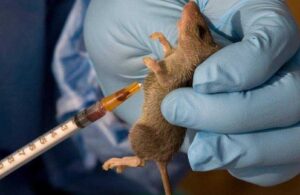


The Nigeria Centre for Disease Control and Prevention (NCDC) has reported seven new cases of Lassa fever in Edo, Bauchi, and Kogi States. This update, published on the NCDC’s official website, indicates that these cases were identified between July 22 and July 28.
Lassa fever is a viral hemorrhagic illness spread through contact with food or household items contaminated by infected rodents or people according health experts.
Symptoms include fever, headache, sore throat, general weakness, cough, nausea, vomiting, diarrhea, muscle pain, and severe cases may involve unexplained bleeding from various body openings.
According to the NCDC, Edo recorded four cases, Bauchi two, and Kogi one, with no deaths reported during this period. However, in 2024, there have been 163 deaths from Lassa fever, yielding a Case Fatality Rate (CFR) of 17.0%, slightly lower than the 17.3% CFR in 2023.
The NCDC noted that 66% of confirmed cases in 2024 are from Ondo, Edo, and Bauchi, while the remaining 34% are spread across 25 other states. In total, 28 states have reported at least one confirmed case in 125 local government areas.
Challenges in managing Lassa fever include late presentation of cases, high treatment costs, poor environmental sanitation, and limited community awareness. Individuals aged 31 to 40 are most affected, but no health workers have been infected.
The NCDC emphasized the need for increased surveillance and preventive measures and urged the public to follow safety protocols and report symptoms to local health authorities. The agency is intensifying contact tracing and control measures and will continue to collaborate with state health authorities for a coordinated response.
The National Lassa Fever Multi-partner, Multi-sectoral Technical Working Group (TWG) will maintain its efforts to coordinate responses at all levels, the centre promised (NAN).

